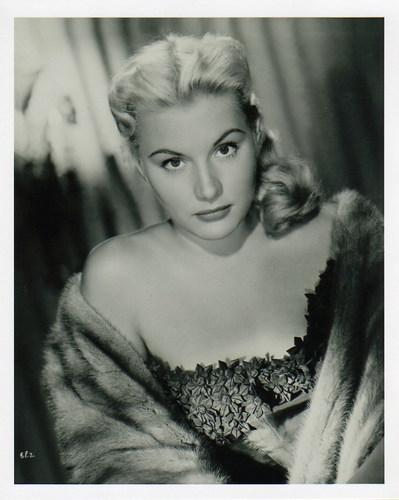Last season our Dead Blondes opening montage included audio clips from various films and actresses, most** of which were featured throughout the series. Because so many listeners requested it, here is a list of the intro clip sources. For a full list of films referenced in the Dead Blondes series, or any other episodes in the archive, please check out the You Must Remember This Film Club. Asterisked clips were included in the Peg Entwistle: Dead Blondes Part 1 intro montage. All of the other Dead Blondes episodes had a shortened version.
**There's a clip from Lilith in the Dead Blondes intro, but there wasn’t a Jean Seberg episode. Why? A few weeks into planning last season I realized there was a blonde that I hadn't originally planned to include who needed to be included. At the same time I had an idea for a future season in which I could cover Seberg in depth. So, there will be lots of Jean Seberg... next season.
“Where are you going? To Hollywood...Hollywood?” I Wake Up Screaming (1941) Carole Landis
"You come here for excitement?" Lilith (1964) Jean Seberg
“I’m better than a Human Woman.” Galaxina (1980) Dorothy Stratten
* “Why do you look at me that way?” I Married a Witch (1942) Veronica Lake
* “It was me they were interested in. Some people think I'm a very attractive girl. You didn't create that. I'm no Frankenstein, you know... I wonder.” I Wake Up Screaming (1941) Carole Landis
* “It’s men like you who have made me the way I am.” Gentlemen Prefer Blondes (1953) Marilyn Monroe
“Would you rather I be a brunette?" "My dress! Do you like it? I don't know, it's just a shock to see you dressed." I Married a Witch (1942) Veronica Lake
"I'm so alone, I’m so alone." Kiss Tomorrow Goodbye (1950) Barbara Payton







